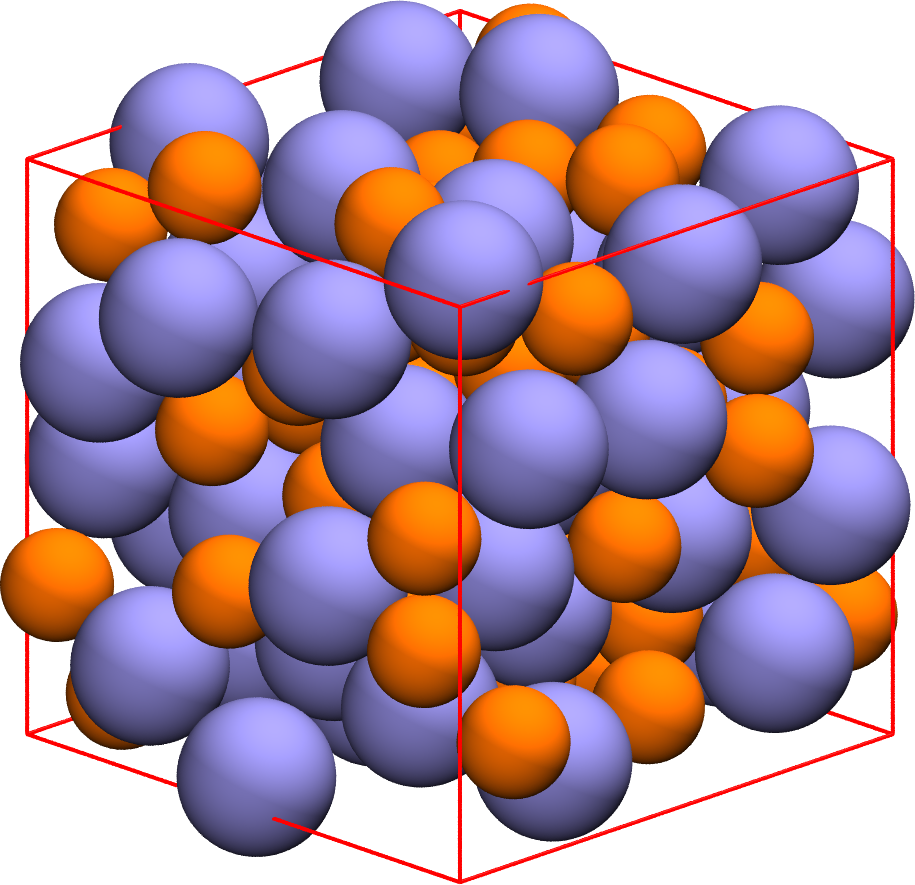
α₂ Close to Jamming
Close to Jamming

Glassy behavior starts at \( \phi \approx 0.55 – 0.59 \)
Jamming is at \( \phi \approx 0.64 \)
What happens if we go really close to jamming?
Permanent Caging
Floaters
Step Distributions
Close to Jamming: | Glassy: |
\( \Delta \phi = \phi_J - \phi = -10^{-3} \) | \( \phi = 0.59 \), \( \Delta \phi = -0.05 \) |
Step Distributions
Close to Jamming: | Glassy: |
\( \Delta \phi = \phi_J - \phi = -10^{-4} \) | \( \phi = 0.59 \), \( \Delta \phi = -0.05 \) |
Step Distributions
Close to Jamming: | Glassy: |
\( \Delta \phi = \phi_J - \phi = -10^{-5} \) | \( \phi = 0.59 \), \( \Delta \phi = -0.05 \) |
Step Distributions Close to Jamming
Step Distributions Close to Jamming
\( \alpha_2 \)
\( \alpha_2 \)
Back to Glassy Behavior
Glassy Behavior
How does this scale with N?
Can we get larger \( \alpha_2 \) values for smaller N?
Fit the step distributions to the sum of two gaussians